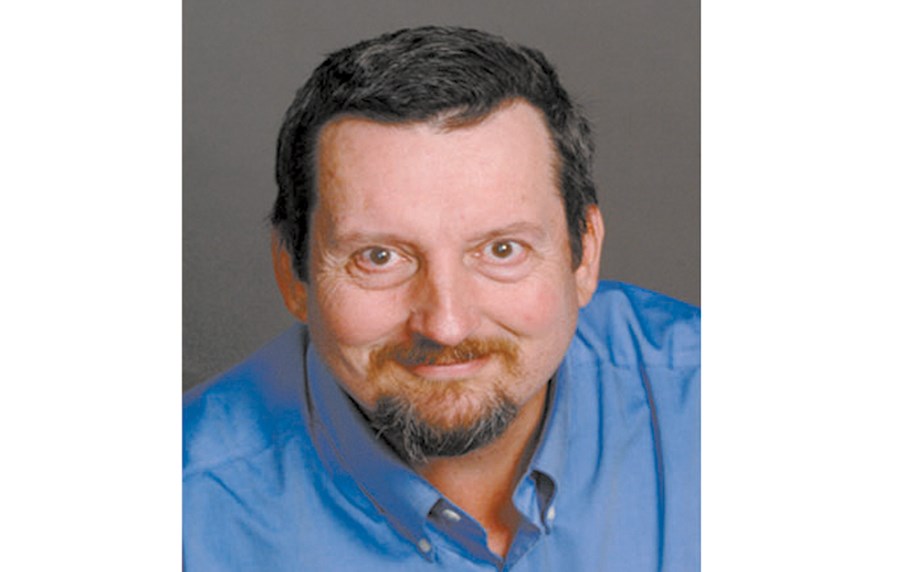In the world of politics, it is very easy to sling mud.
There is always a plentiful supply. It is very easy to come by. And if you are careful, it only sticks to the target and not you.
It is also easy to sell fear. To paraphrase the Princess Bride: "Life is nothing but fear ... and anyone that tells you differently is trying to sell you something."
I would like to believe that isn't true but if you are trying to move the masses, it is far easier to rally people around fear than it is around any other emotion or sentiment.
Indeed, in the movie The American President, the Andrew Shepherd (played by Michael Douglas) character sums up his opponent's campaign by saying: "All Bob Rumson is interested in doing is telling you what to be afraid of and who to blame for it."
So it is not surprising that over the past decade we have seen a combination of both mud and fear thrown at various politicians. Indeed, the Conservative Party has become something of a Canadian expert in the art of mud-slinging fear-mongering. Or is that fear-mongering mud-slinging?
In any case, television ad after ad tells us that this leader or that is unsuitable for Canada. Too weak, too indecisive, too strong, too opinionated - too much of anything it seems is the central theme.
All the while the mud that is their own creation just keeps getting deeper and deeper around the Conservatives. It never swallows them whole. They are always throwing enough away to hope that no one notices that they are sinking.
Which is the tragedy of our political system right now.
Consider Prime Minister Stephen Harper's record. Most recently, his government has challenged the structure of the Senate. According to Harper, the vast majority of Canadians want the Senate either reformed or abolished.
I don't actually believe that. I think that the vast majority of Canadians really couldn't care less about the Senate. To the majority of Canadians, senators are just another bunch of politicians with their hands in the public purse but what are you going to do?
Still, one of the central planks of the old Reform Party was an "effective and elected" Senate. I was never too sure what their point was. Like most Canadians, a decade ago, I never gave the Senate any thought.
But since Harper became prime minister, the Senate has loomed into prominence. Why? Well, mostly because it was controlled initially by Liberal appointees that could block Harper's legislative agenda. They could stop bad legislation.
However, in the fullness of time, the prime minister had the opportunity to appoint Senators and managed to shift the balance. The Senate is now dominated by Conservative appointees.
Handpicked appointees by Harper: Mike Duffy, Pamela Wallin, Patrick Brazeau, and Doug Finlay.
In 2004, Harper said: "the Upper House remains a dumping ground for the favoured cronies of the prime minister."
In 2009, he dumped 27 Senators into the mix and his total is now 51 in a Senate that only has 105 seats. Yes, it remains a dumping ground. It is now plagued with scandal and the conscientious work of majority of Senators is overshadowed by the bad behaviour of a few.
It is not clear what is going on but here are three choices:
(1) Harper is incredibly incompetent in making choices for Senators. He is appointing people that are not qualified and, by association, has demonstrated that he is not a good leader.
(2) Harper is getting extraordinarily bad advice from his party and/or inner circle about who to appoint. He is not doing the necessary work to personally vet the individual appointees and, as a consequence, is not demonstrating good leadership.
(3) Harper knows full well that some of the people that he has appointed will abuse the system and thereby bring to the fore the foibles and folly of Senate, offering him the chance to claim that the majority of Canadians are in favour of abolition of the senior house.
It would be an incredibly deep, Machiavellian move if he actually is pursuing this strategy. One that would make him an incredibly scary leader.
In any case, his decision to appoint some of his favoured cronies should be questioned.
It certainly tops any action taken by either of the other major political parties or their leaders. It should be the sort of thing that has everyone up in arms.
So what does the Conservative machine do? Buried deep in the mud of bad decision, they start flinging it at others telling us to be afraid. Just imagine the Liberals under Justin Trudeau in power. The horror!
Yup, when it gets deep enough, start throwing it around and hope it sticks to someone else.



